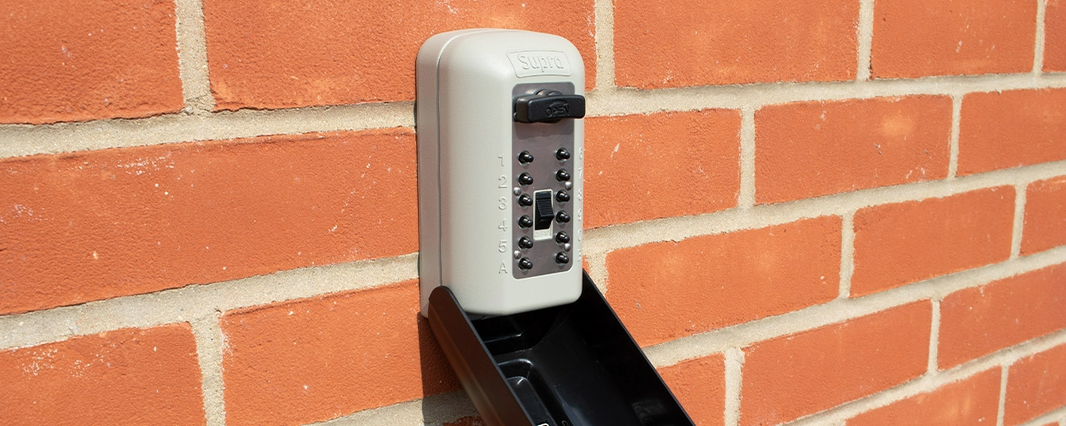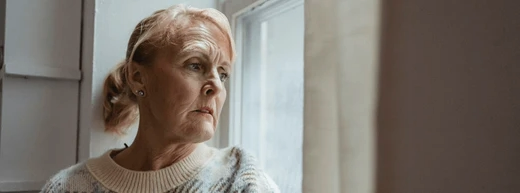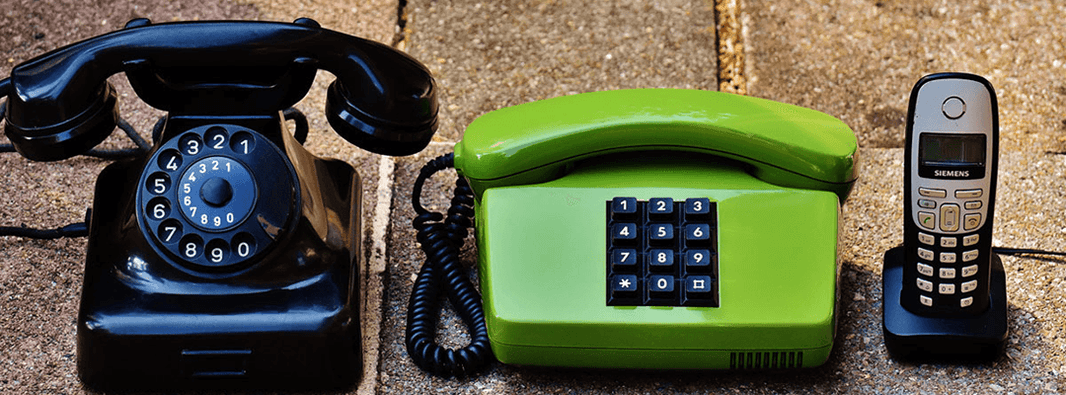Do We Patronise the Elderly?
According to data from Careline365’s study, over half of older people have felt patronised by someone younger than them. Modern language barriers, differences in values, gaps in knowledge, and more, can make communication between generations difficult. It seems the approach young people take to talking with someone older can come off as patronising.
To dig deeper into this communication issue, Careline365 spoke to both younger and older people to discover how they feel about this problem. Careline365 asked both those older and younger than 65 for their views on age, patronising language, and elderly care.
Presumptions from the Younger Generation
When it comes to age, there can be a lot of harmful presumptions younger people make about older people. Those surveyed said that 71-75 is the age that they see someone as ‘old’, but from experience, those over 65 said that they feel like they are treated as ‘old’ from the age of 61, younger than retirement age.
Over one third (39%) of older people have felt talked down to by younger people in their lifetime, and almost one third (29%) of younger people have felt guilty about patronising an older person. Even if their patronising actions were unintentional, it becomes clear why this happens by the way they change their approach to conversation with an older person.
Communication Issues
When asked about how they change their communication when speaking to older people, our younger demographic had a few different things they tend to change. 26% of those feel they ‘have to explain things a little more’ when speaking to older people. Furthermore, 22% speak slower and 19% use more simple language. From this, we can see there is a clear approach that many younger people take when communicating with older people, as they feel the need to overexplain and speak in simpler terms.
On the back of this realisation, it is clear to see why some older people can feel patronised by those who are younger. Speaking in slow, simple terms, presuming they do not understand, can be an insulting way of communicating, even if there is no harm meant by it.
Name Calling
Older people also have to deal with being called a number of insulting and patronising names, as 40% of the younger demographic surveyed admitted to calling someone over 65 a friendly or cute name. We’re all guilty of calling someone ‘mate’ or ‘pal’, but sometimes these friendly names can rub people the wrong way.
According to older people, geriatric is the most patronising name they can be called, with 28% of votes going to that name. Geriatric is a term used by the NHS for patients over 65, however its use in the world has clearly left people feeling patronised. Perhaps it is time for an update to this term. Other names older people are not fond of are codger or fuddy-duddy, both of which tied second place with 27% of the votes.
Feeling Patronised by Younger People
We asked the over-65s to discuss their experience of being patronised by a younger generation and over half of them (6 in 10) said they have felt patronised by younger people in the past. Technology is the most common topic that older people feel patronised about. The generation gap on this is clear, as young people grow up around technology, giving them a much better understanding of it across the board. Despite being patronised about this topic, 82% of the older demographic own a mobile phone and over half (58%) feel comfortable using modern technology. It seems young people presume the worst of old people too often, as 74% of the older demographic have experienced a young person assuming they do not understand modern devices.
When it comes to situations, 22% of the older demographic said they feel patronised when trying to pay for goods at a till. In fact, shop attendants are the most patronising members of staff, according to older people. When questioned about which members of staff are most patronising, shop attendants came in top with 33% of votes, followed by call centre helpline staff with 22% of votes.
Falling and Fall Alarms
Unfortunately, half of those over the age of 75 fall every year, and with the population of 75-year-olds expected to double in the next 30 years, domestic accidents are a growing problem for the UK’s elderly.
Careline365’s report reveals that the garden (33%) is the area where falls are most expected to happen, although 62% of young people expect the stairs to be where falls occur.
Over half (57%) of the younger demographic worry about their older relatives living alone, with 87% saying they would feel more comfortable knowing their older relative has a fall alarm, despite 31% of them not knowing how to suggest a fall alarm. Even though some young people are not sure how to bring up the topic of a fall alarm, 64% of older people would not feel offended if someone suggested it to them, and 60% of the older demographic would feel more secure knowing they have the alarm in case of an emergency.
Holly Wood, Head of Service at Careline365, commented: “From our research, it seems clear that as a society the younger generation need to work on how they approach communicating with those who are older. There is a real generational disconnect in the way we interact with those classed as “old” – from our tone, to the language used, and approach to communicating. Yet, there are almost 11 million people aged 65 and over in the UK, which equates to around 19 percent of the UK population – so we can’t afford to be getting this wrong“.
If younger people rethink their approach to communicating with the elderly, the relationships between generations can improve. Instead of making assumptions, younger people should be open and comfortable talking to the elderly, especially when it comes to more modern topics. Being able to freely discuss the usefulness and security that a personal fall alarm brings is something that should be encouraged, as these devices can save lives and improve our elderly friends’ and family’s quality of life.
At Careline365, we provide a range of personal alarms to support you or your loved ones at home. To find out more, get in touch with our team on 0800 030 8777.








